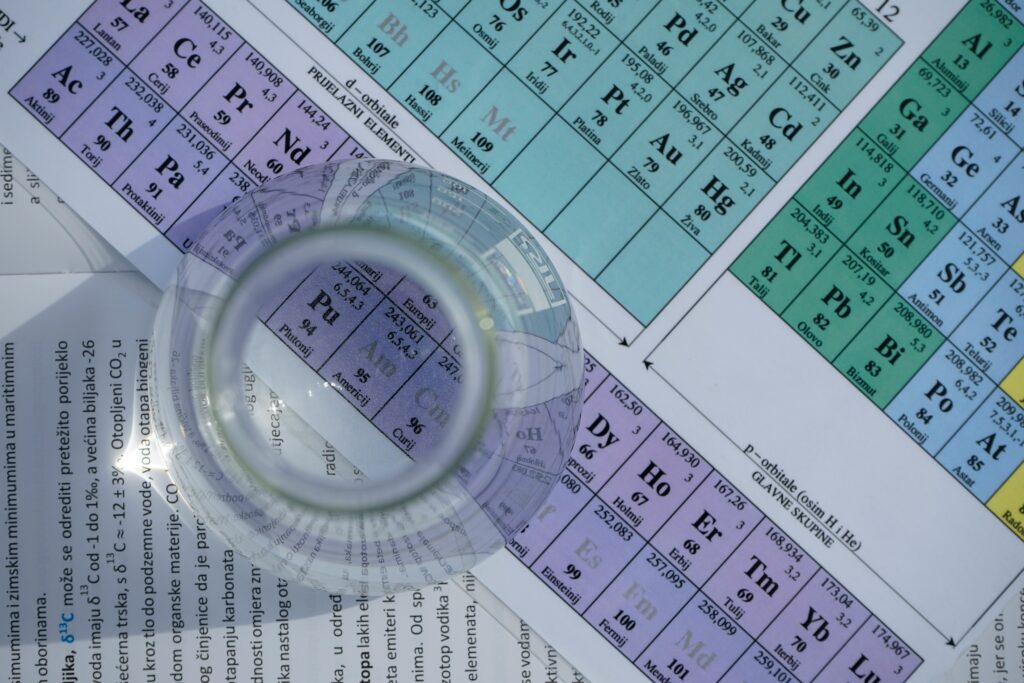Do you know why conceptual understanding is paramount for Physics, Chemistry, or Biology students? The reason is straightforward: these sciences rely on quantitative data, empirical evidence, and schematic diagrams. Success in these subjects demands more than memorisation—it requires a deep, intuitive grasp of fundamental principles.
However, many students attempt to learn these subjects by rote memorisation, treating formulas and laws as isolated facts rather than interconnected concepts. This approach proves ineffective, particularly when they encounter problem-solving scenarios requiring application rather than recall. Consequently, students struggle with these subjects, leading to frustration and poor academic performance.
This blog explores why this issue is so prevalent and, more importantly, how students can adopt the right learning strategies to excel in Physics, Chemistry, and Biology. Let’s begin.
Students Struggling with Physics, Chemistry, and Biology: Reasons Explained
Subjects like Physics, Chemistry, and Biology are not inherently difficult or counterintuitive. Rather, the ineffective study habits and misconceptions that students develop make these subjects appear more challenging than they truly are. Below are the key reasons why students struggle with these sciences and how they can overcome these obstacles.
1. Inappropriate Study Habits And Planning
Lack of Effective Study Materials: Many students believe merely taking notes in class is sufficient for mastering the material. However, high-quality learning involves structured, well-organized study materials integrating sequenced analysis, visual representations, and concise summaries for efficient review. The classical education model emphasises structured repetition, a principle echoed by cognitive scientists like Andrew Huberman, who suggests that active recall and spaced repetition significantly improve long-term retention.
Weak Mathematical Foundations: Physics, in particular, requires a solid understanding of numerical analysis, algebra, and trigonometry. Deficiencies in these areas create a bottleneck, preventing students from confidently engaging with physics concepts. Similarly, Chemistry involves calculations related to molarity, reaction rates, and thermodynamics, necessitating fluency in mathematical reasoning. Without strengthening these foundational skills, problem-solving in science remains an uphill battle.
2. Poor Problem-Solving Strategies
Problem-solving in science requires a systematic approach. Instead of tackling problems holistically, students often struggle because they fail to break complex problems into manageable steps. In Physics, for example, solving kinematic equations involves multiple stages—conceptualisation, equation selection, and step-by-step computation. Similarly, in Chemistry, reaction mechanisms and stoichiometric calculations require a logical sequence.
Huberman’s research highlights that engaging deeply in problem-solving—rather than seeking quick solutions—rewires the brain for greater cognitive flexibility. Students must be trained to embrace problem-solving as a learning tool rather than as an intimidating hurdle.
3. Lack Of Consistent Practice
Mastery Comes from Repetition: Physics, Chemistry, and Biology are best learned through consistent practice. However, many students hesitate to engage with diverse problem sets, fearing mistakes. This avoidance leads to under-preparedness when faced with assessments that demand applied knowledge.
Consider the following key areas that require dedicated practice:
- Physics: Solving numerical problems involving motion, forces, and energy conservation, as well as interpreting graphical data.
- Chemistry: Understanding chemical bonding, reaction mechanisms, and molecular structures.
- Biology: Familiarity with complex biological processes, anatomical diagrams, and physiological interactions.
In classical education, mastery is achieved through iterative learning, which involves repeatedly returning to concepts at increasing levels of complexity. The same principle applies here: deliberate practice enhances competence and confidence.
4. Test Anxiety And Lack Of Engagement
Many students experience test anxiety, which inhibits cognitive performance. When under pressure, their ability to think critically and apply learned concepts diminishes. Neuroscience research suggests that stress activates the amygdala, impairing higher-order cognitive functions. Effective test preparation should involve stress inoculation, which involves repeatedly exposing students to test-like conditions to normalise the experience and improve performance.
Furthermore, a lack of intrinsic motivation contributes to disengagement. Suppose students perceive science as a subject of arbitrary rules rather than a field of discovery, their interest wanes. Teachers must cultivate curiosity by emphasising real-world applications and making learning interactive.
Final Thoughts: The Right Approach To Learning
Mastering Physics, Chemistry, and Biology—or any academic subject—requires disciplined study habits, systematic planning, and an inductive learning approach. Students thrive when they engage with structured content, integrate problem-solving into their routines, and develop resilience against academic challenges.
At Kalibre Education, we prioritise these principles through expert-led tuition, ensuring students build a solid conceptual foundation while developing the confidence to tackle complex problems. Our structured approach is designed to turn these ‘difficult’ subjects into areas of academic strength.
Kalibre teachers have profound subject knowledge. They can easily explain all the critical concepts to their students clearly and understandably. They will break down complex ideas and simplify information into manageable chunks with clear detailing.
Also, we know that all students are not the same. So we differentiate instruction to cater to different students with varying abilities. This ensures a flexible adaptation to different learning levels.
If you or your child struggle with science subjects, contact us today. Our tailored support can make all the difference. Contact Kalibre Education and take control of your learning journey today!



